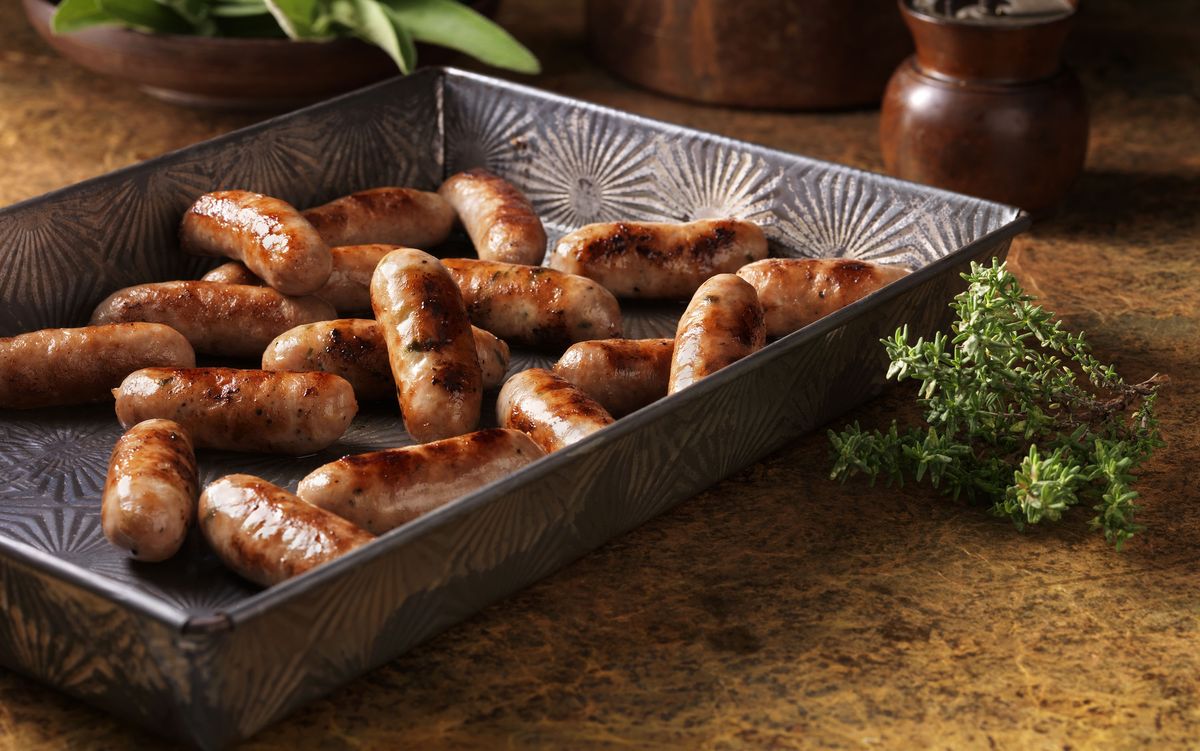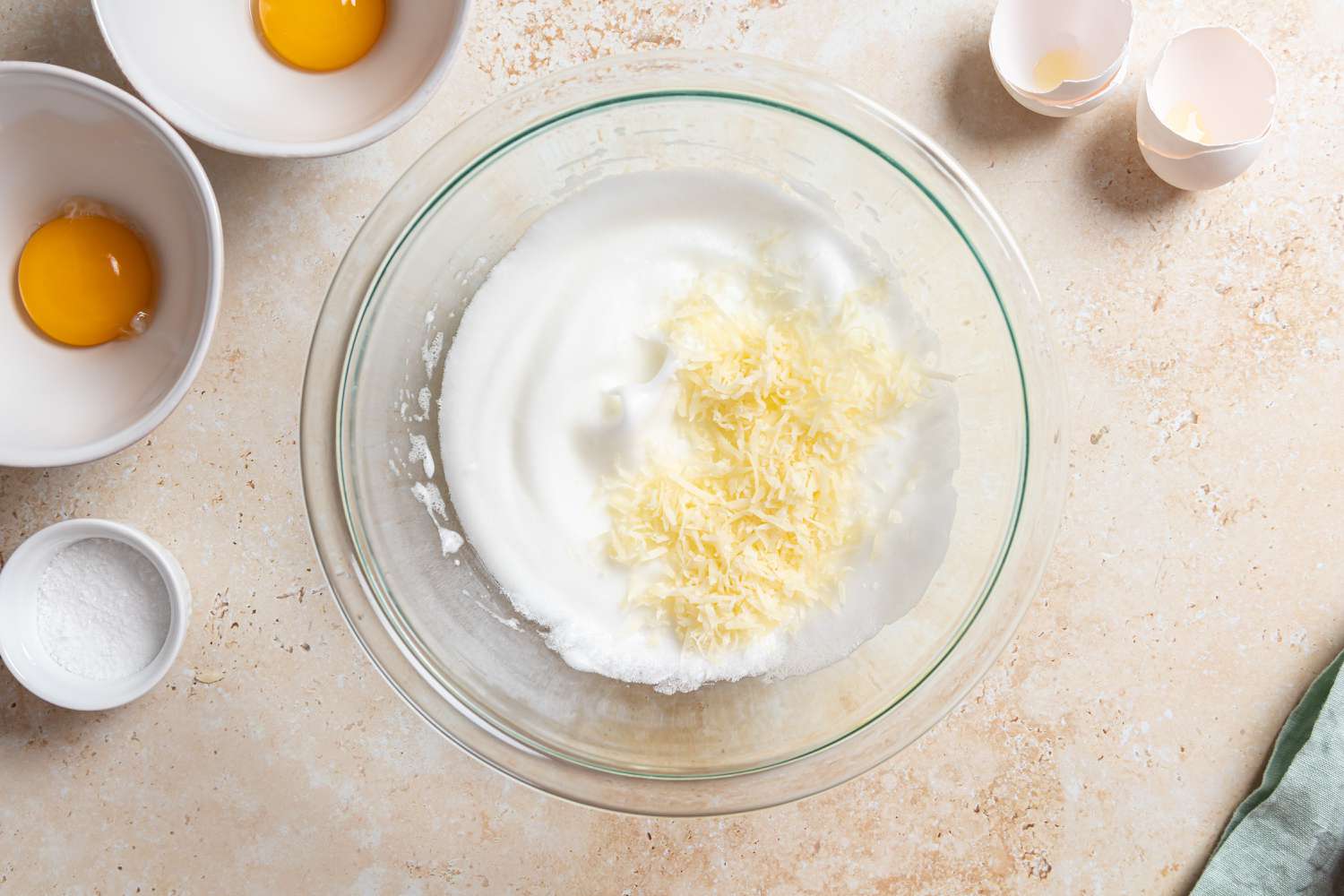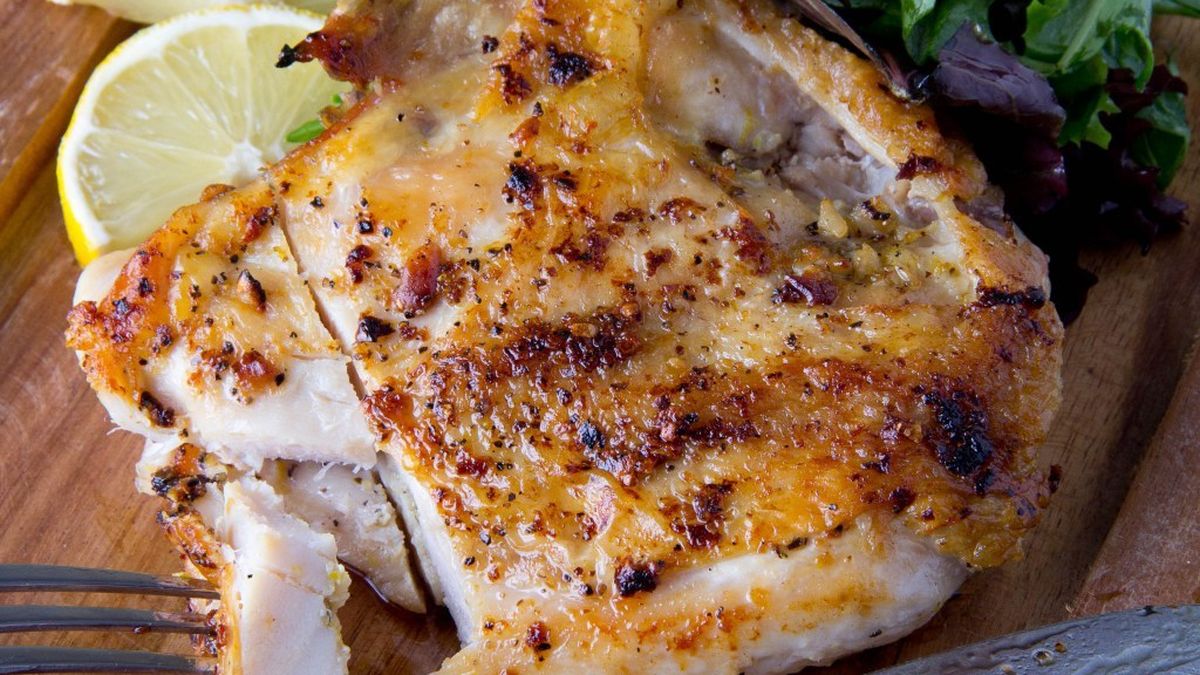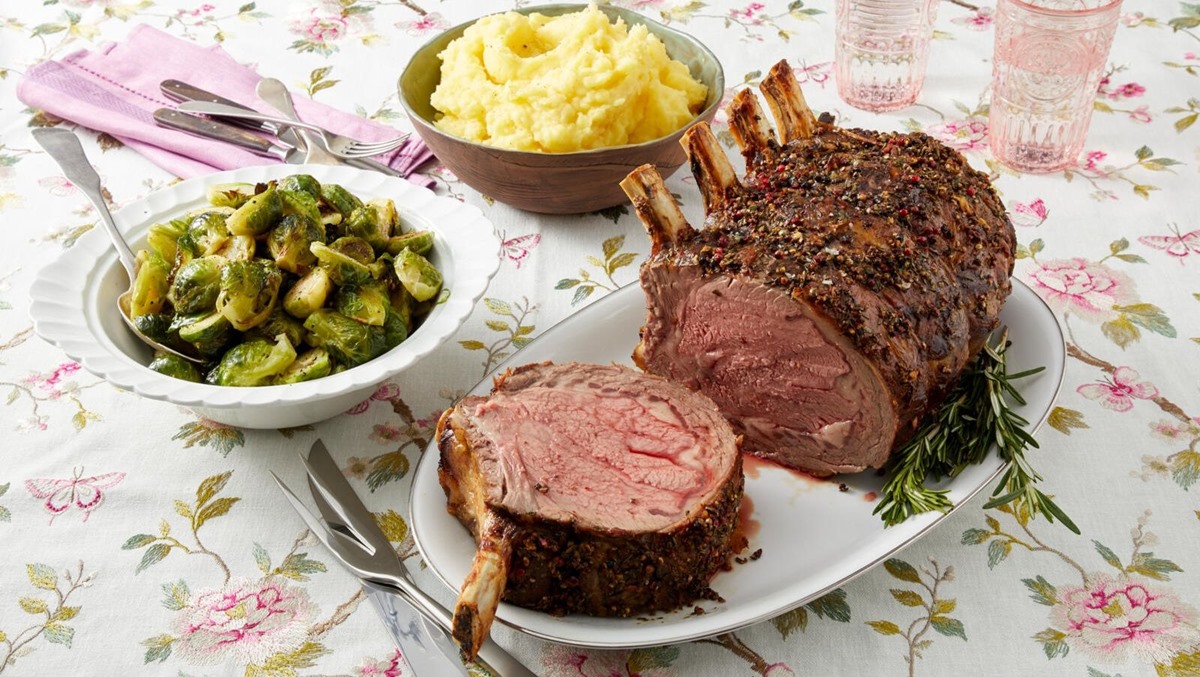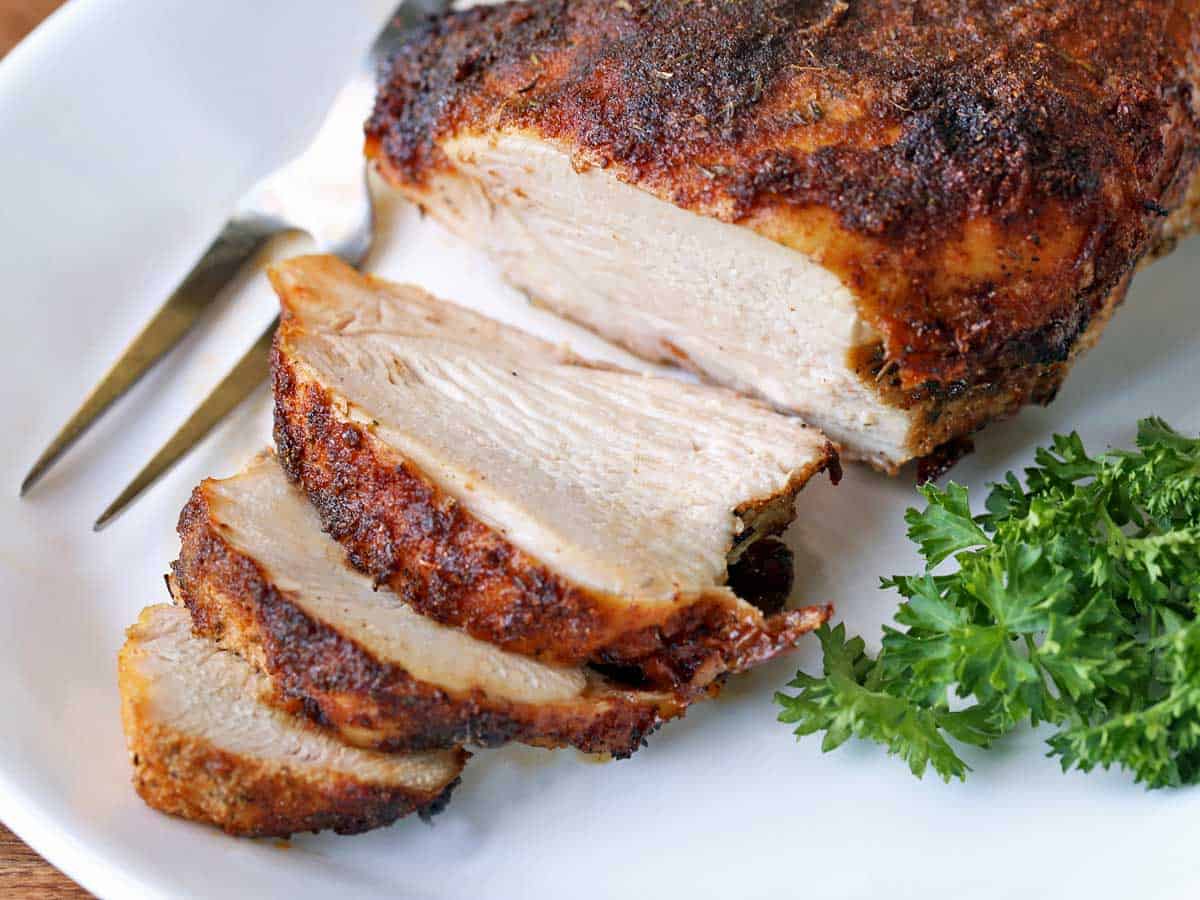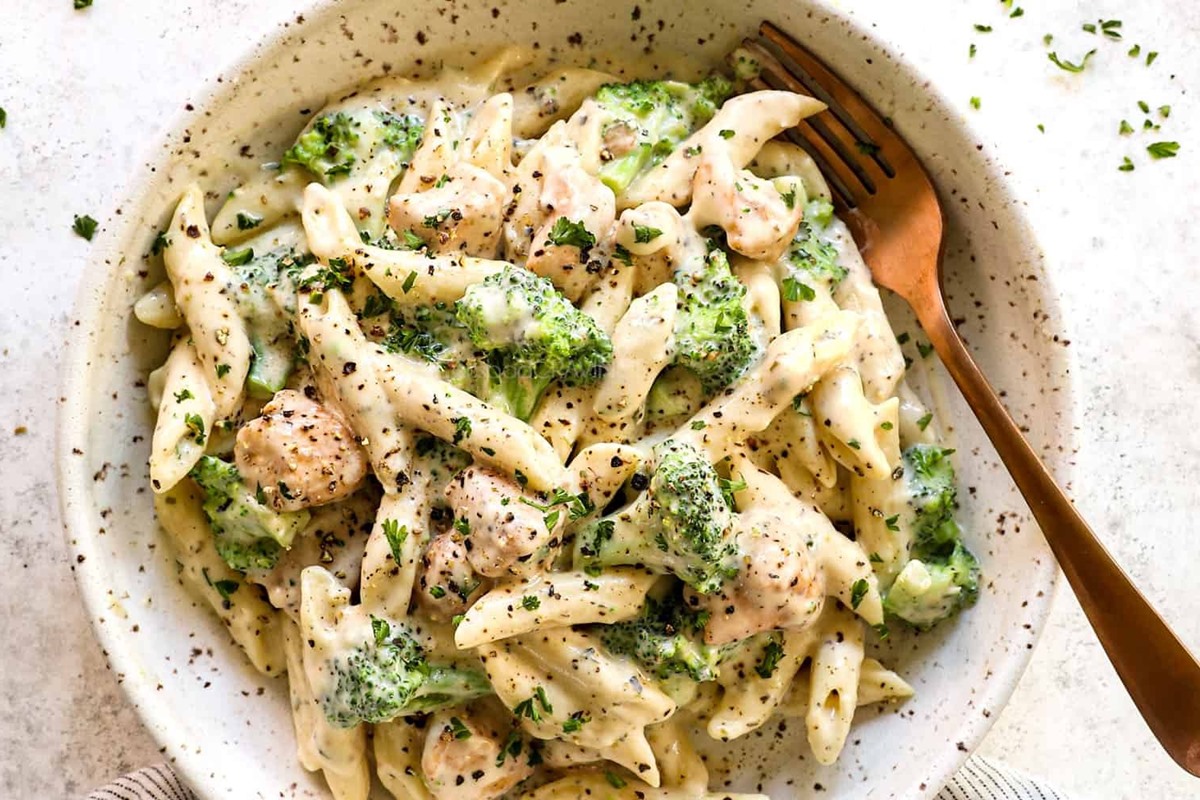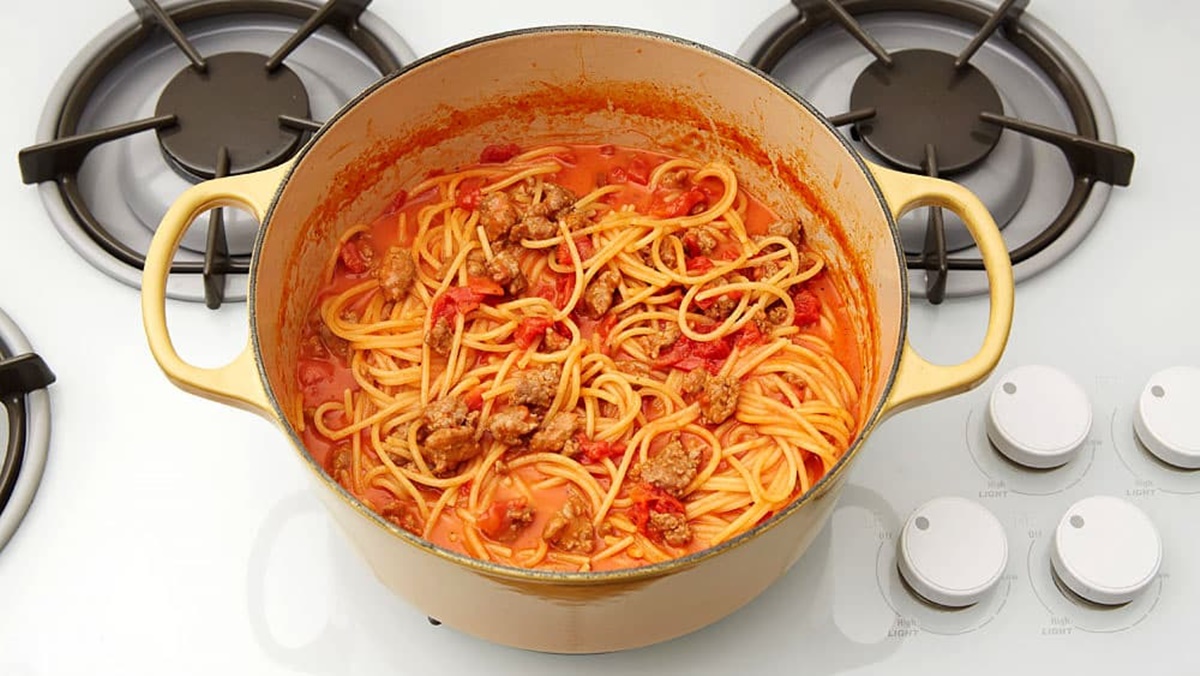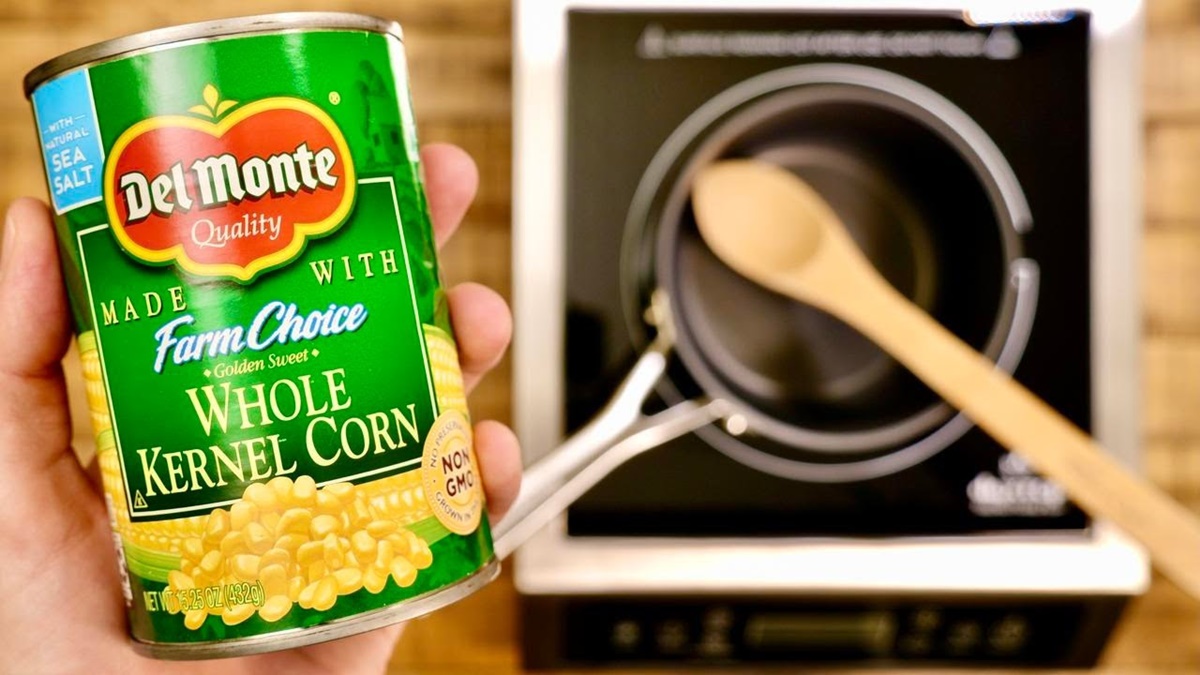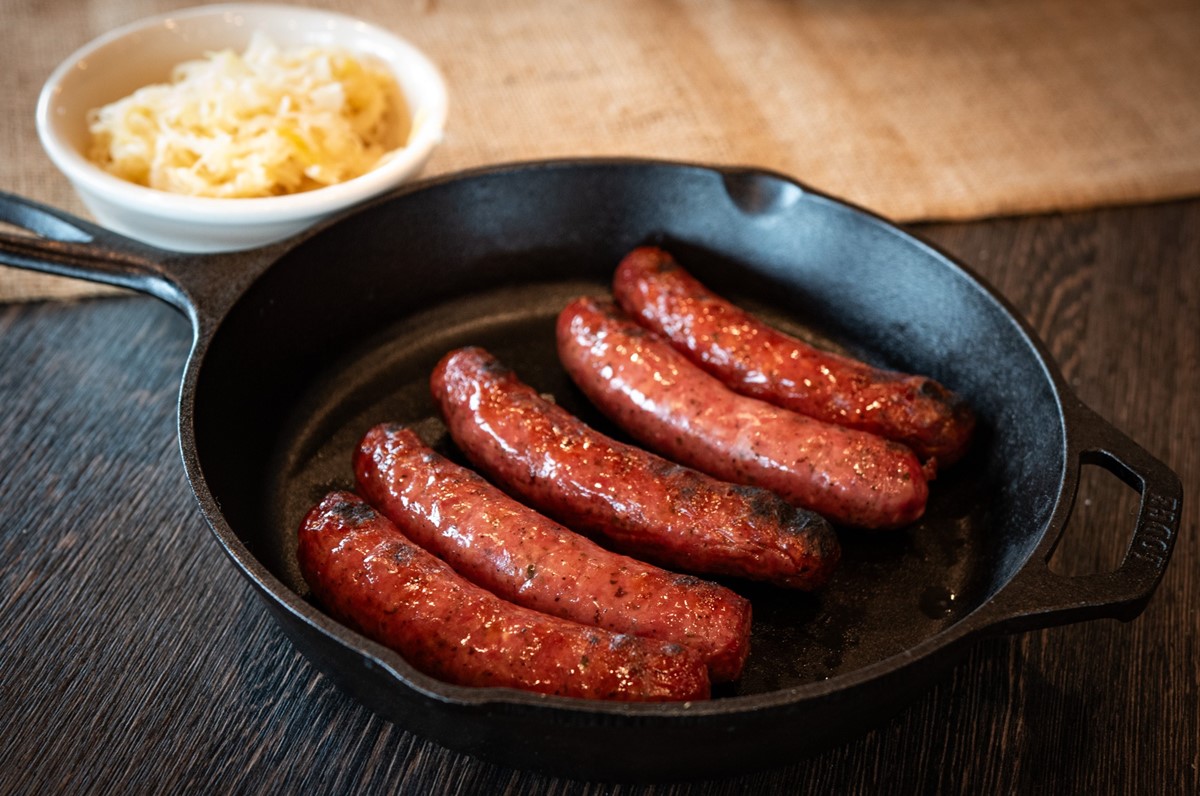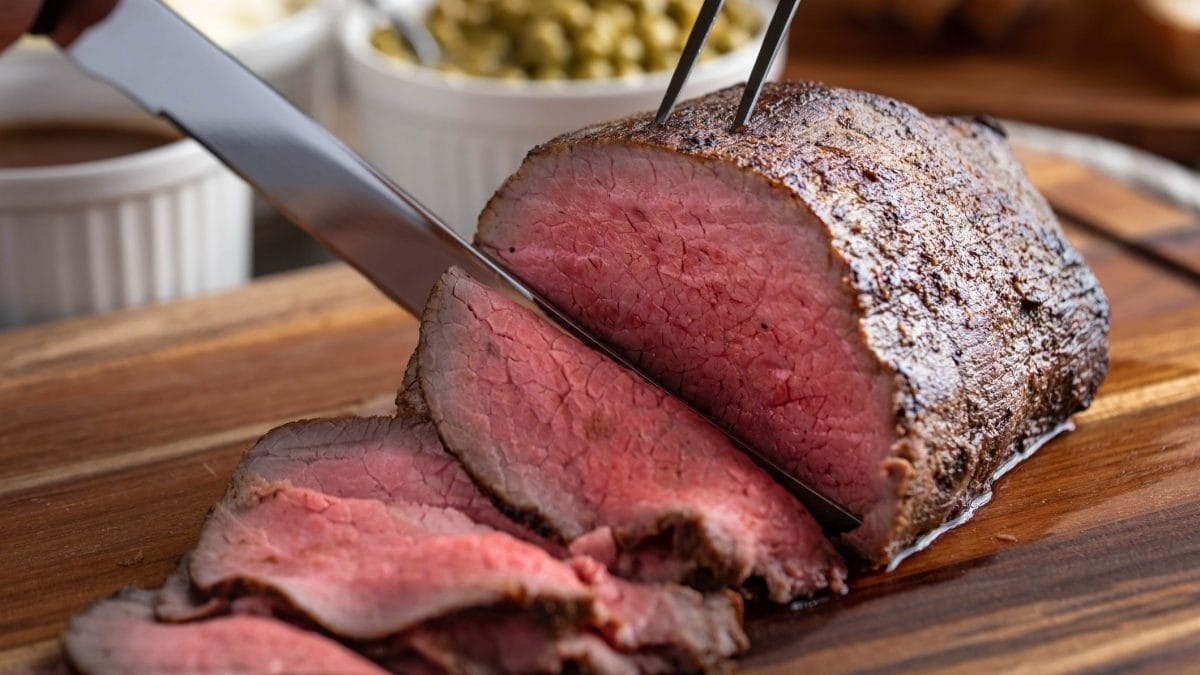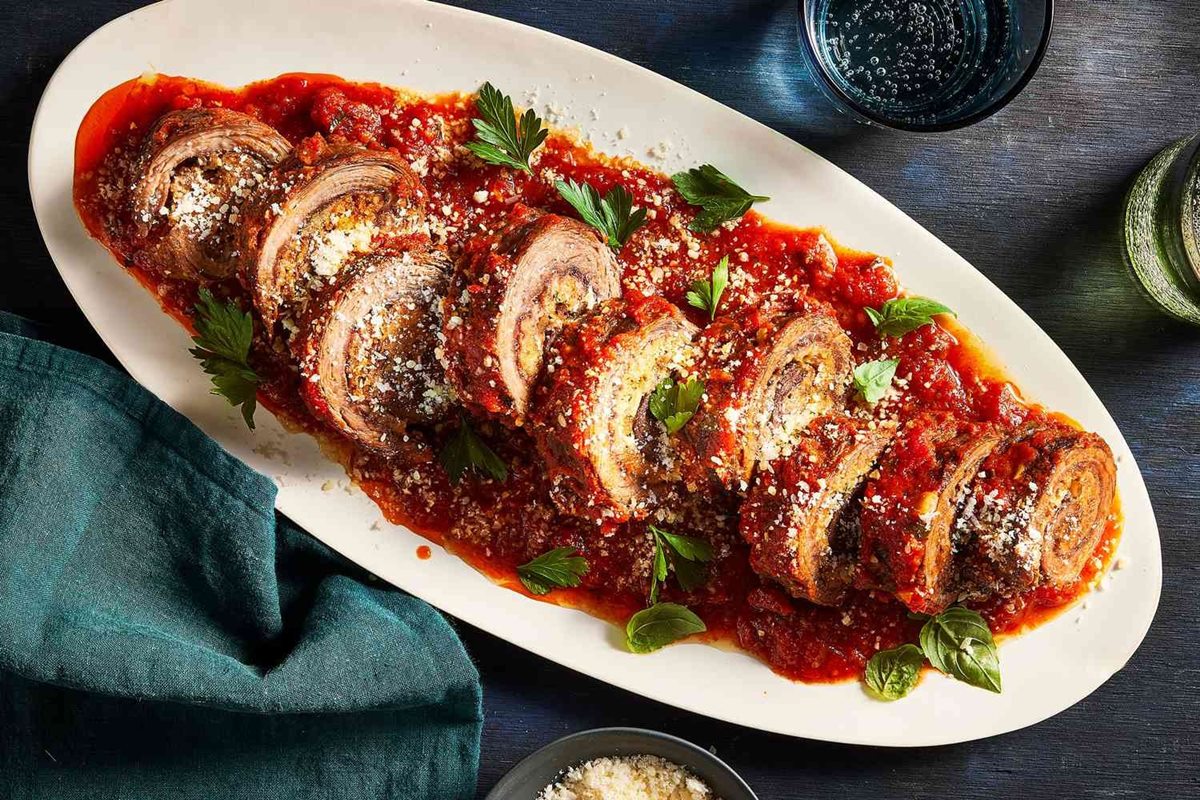Unlock the Secrets of Cooking with Powdered Eggs
When it comes to cooking, there’s an incredible variety of ingredients available to experiment with. One such ingredient that may have piqued your interest is powdered eggs. Whether you’re an avid camper, a prepper, or simply curious about its versatile uses, cooking with powdered eggs can be a game-changer in your kitchen. In this article, we’ll dive into the wonderful world of powdered eggs and show you how to cook with them like a pro.
Why Choose Powdered Eggs?
Before we dive into the culinary possibilities, let’s take a moment to understand the benefits of using powdered eggs in your cooking adventures.
- Long Shelf Life: Powdered eggs have an impressively long shelf life, making them an excellent addition to your emergency food supply or for times when fresh eggs might not be available.
- Convenience: They are lightweight, easy to transport, and require no refrigeration, making powdered eggs a convenient option for camping trips, hiking, and other outdoor activities.
- Versatility: From baking to scrambling, powdered eggs can be used in a range of recipes. Once rehydrated, they can serve as a substitute for fresh eggs in various dishes.
Rehydration: The Key to Unlocking the Potential
Before incorporating powdered eggs into your recipes, you’ll need to master the process of rehydration. Here’s a simple step-by-step guide to get you started:
- Measure: Determine the amount of eggs needed for your recipe and measure out the appropriate quantity of powdered eggs.
- Water Ratio: For every 1 tablespoon of powdered eggs, mix in 2 tablespoons of water.
- Mix: In a bowl, combine the powdered eggs and the water, stirring until well-mixed.
- Rest: Allow the mixture to sit for a few minutes to ensure proper rehydration.
Once your powdered eggs are rehydrated, you’re ready to embark on a culinary adventure that will delight your taste buds.
Cooking Tips and Tricks
Now that you have your rehydrated powdered eggs ready, let’s explore some creative ways to use them in the kitchen:
- Baking: Replace fresh eggs with powdered eggs in your favorite baking recipes. They work particularly well in cookies, muffins, cakes, and bread.
- Scrambled Eggs: Whip up a delicious breakfast by making scrambled eggs with powdered eggs. Simply cook them as you would fresh eggs, adding your choice of seasonings and ingredients.
- Omelettes and Quiches: Create fluffy omelettes and savory quiches by incorporating rehydrated powdered eggs into your recipes. You won’t be able to tell the difference!
- Pancakes and Waffles: Add powdered eggs to your pancake or waffle batter to achieve light and fluffy results.
- Smoothies: For a protein-packed smoothie, blend rehydrated powdered eggs with your favorite fruits, yogurt, and a splash of milk.
Experiment and Enjoy
Now that you know the basics of cooking with powdered eggs, it’s time to unleash your creativity in the kitchen. Don’t be afraid to experiment with different recipes and discover new ways to incorporate this versatile ingredient into your meals. With powdered eggs, your culinary possibilities are endless!
So, the next time you’re planning a camping trip, stocking up your emergency pantry, or simply curious about trying something new, remember these tips and enjoy the convenience and versatility of cooking with powdered eggs.
– Follow the recommended ratio of powdered eggs to water for rehydration.
– Mix the powdered eggs and water thoroughly to ensure proper rehydration.
– Store powdered eggs in an airtight container in a cool and dry place for maximum shelf life.
– Experiment with the amount of water to achieve the desired consistency in your recipes.
– Feel free to combine powdered eggs with fresh eggs for a combination of convenient and fresh ingredients.
Was this page helpful?
Read Next: How To Cook Canned Jackfruit
